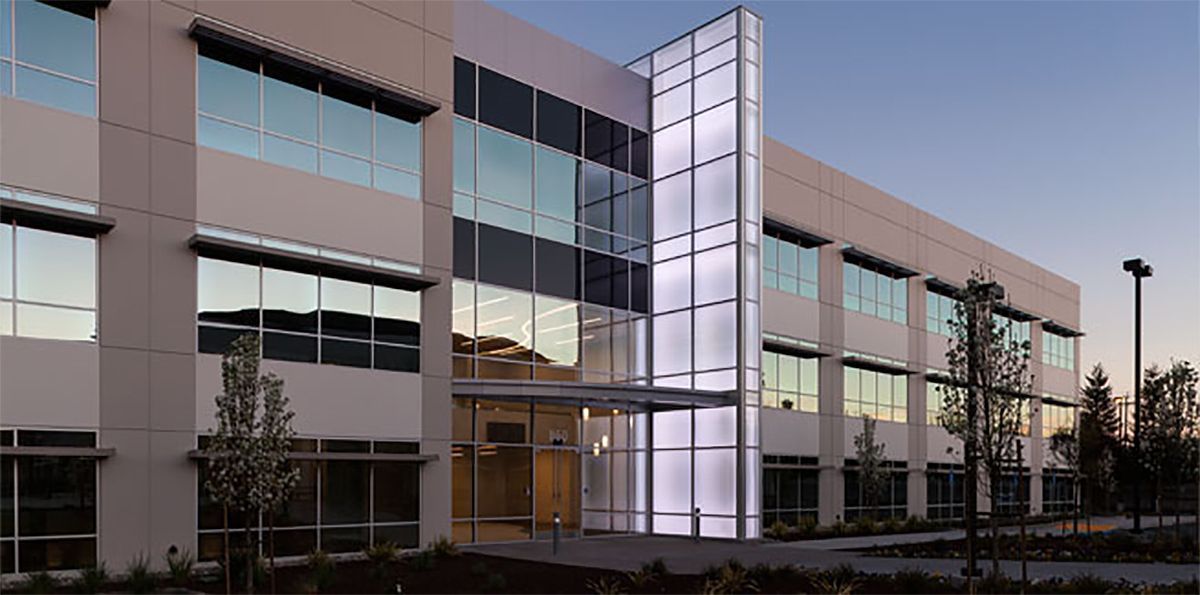
Fred Hutch
Research
Seattle, Washington
Non-Profit
Our Company
At Fred Hutch, our interdisciplinary teams of world-renowned scientists and humanitarians work together to prevent, diagnose and treat cancer, HIV/AIDS and other diseases. Our researchers, including three Nobel laureates, bring a relentless pursuit of, and passion for, health knowledge and hope to their work and the world. Together, our researchers are discovering new ways to detect cancers earlier, when cure rates are highest; developing effective treatments with fewer side effects; and learning how to prevent cancers from growing in the first place. Our groundbreaking discoveries began in the 1970s with Dr. E. Donnall Thomas’s pioneering work in bone marrow transplantation, which led to him receiving the 1990 Nobel Prize in physiology or medicine. Since then, Hutch researchers have made a number of breakthroughs, including developing immunotherapies that use the immune system to defeat cancer and advancing the understanding of human biology. Admittedly, the eradication of cancer and other life-threatening diseases is an ambitious goal, one that demands tenacity, scientific excellence, collaboration and breakthrough creativity. To accomplish this, Fred Hutch attracts some of the world's greatest minds. Our roster of internationally acclaimed scientists includes a MacArthur fellow, seven members of the National Academy of Sciences, five members of the Institute of Medicine, six members of the American Academy of Arts and Sciences, nine members of the American Association for the Advancement of Science and eight current and former Howard Hughes Medical Institute investigators. Fred Hutch understands that disease research means more than searching for new treatments. We are home to the country's largest and oldest cancer prevention program, which has made key contributions to understanding how diet, exercise and other factors reduce the risk of acquiring the disease.Skills We're Looking For
Molecular Biology
Cell Biology
Researching
SAS
STATA
R
Genomics
Epidemiology
Epigenomics
CRISPR/Cas9
Biochemistry
Cancer Biology
Flow Cytometry
Human Immunology
Microbiology

